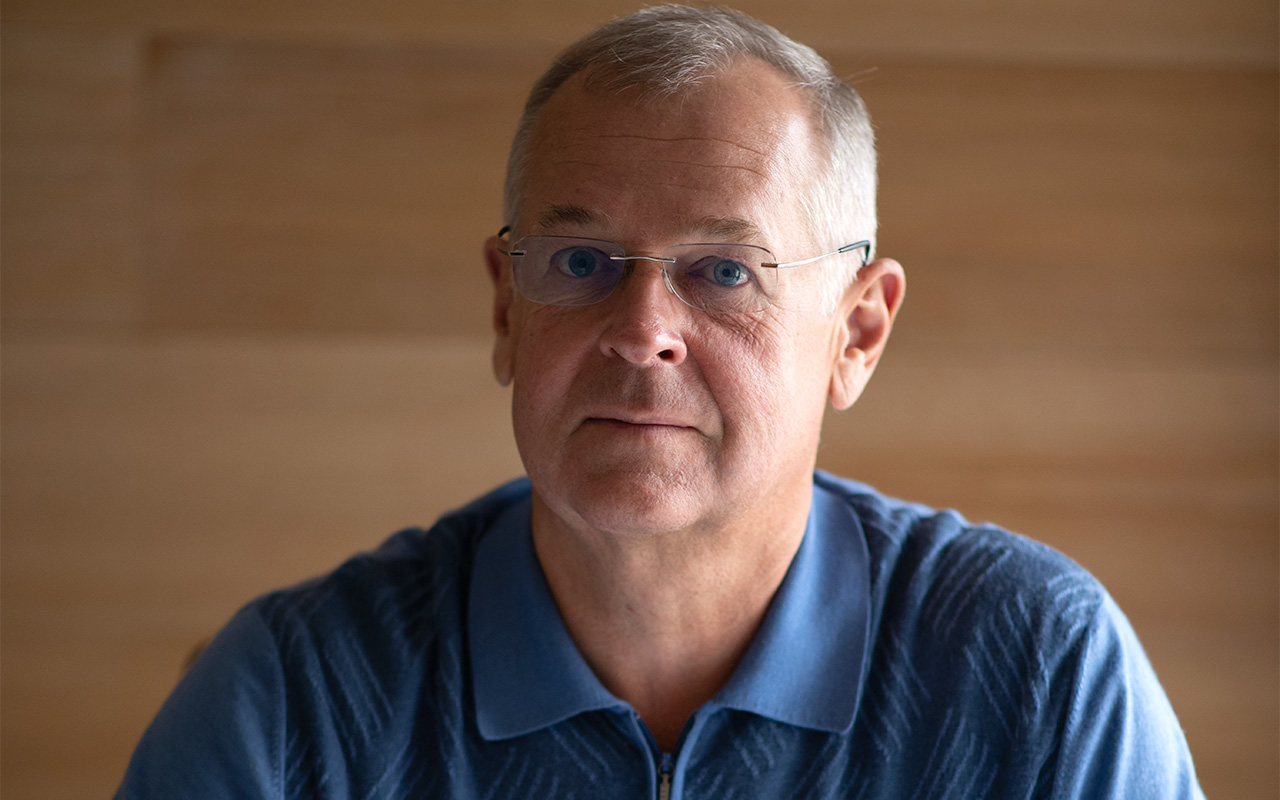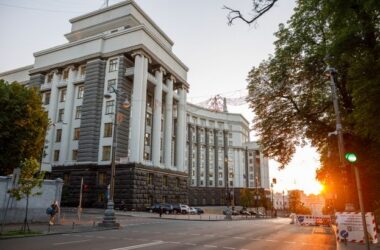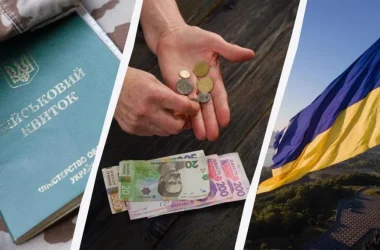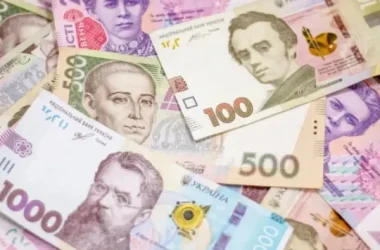The international conference on the restoration of Ukraine in Berlin very clearly ended with good results. More than 100 agreements worth more than EUR 16 billion were signed, and dozens of important meetings with international partners were held.
“This is a significant step in strengthening the Ukrainian private sector, energy, cities and communities”, Denys Kostrzhevskyi, Chairman of the Board of Directors of Kyiv International Airport assures.
Energy: Renewables in Focus
The Ukrainian government noted that one of the key issues of the conference was energy. Over the past 2.5 months, Russian’s attacks have damaged large thermal, hydroelectric, and solar power plants in Ukraine six times.
In response, the Ukrainian delegation signed eight memorandums for the development of projects in the field of renewable energy, modernisation of power grids, and establishment of intergovernmental partnership.
Denys Kostrzhevskyi noted, “The launch of new projects in the field of energy will enable Ukraine not only to improve energy security, but also to integrate advanced technologies. This will contribute to recovery and sustainable development. Financial support as a package of more than USD 800 million, as well as the intentions of foreign companies to enter the Ukrainian energy market, will help create additional generating capacities”.
Safety and Security
An important issue was the strengthening of air defence. Olaf Scholz, German Chancellor, promised to provide Patriot, Iris-T, and Gepard systems, missiles, and artillery ammunition.
“These systems are critical to the security of our citizens, cities, and infrastructure. They provide reliable protection against air threats and guarantee the preservation of restored and newly created capacities in the future. We are grateful to the German government for that”, Mr Kostrzhevskyi continued.
The Private Sector: a New Platform for Development
The private sector plays an important role in Ukraine’s recovery. At the conference, Ukrainian companies signed 14 business agreements with international partners totalling more than EUR 560 million.
These agreements cover industry, agricultural engineering, and renewable energy. The parties also agreed to expand the possibilities of war risk insurance for USD 300 million for agricultural and manufacturing companies.
“An additional EUR 1 billion of loan guarantees and EUR 400 million of mixed grants, which are intended not only to provide financial support to existing enterprises, but also to create conditions for the emergence of new businesses. This is extremely important for economic stability during the war in Ukraine”, he said.
Challenges and Prospects
The conference also outlined a number of challenges to overcome. The key is the need for effective coordination between international donors and the Ukrainian authorities. Without coordinated cooperation, there is a risk of duplication of efforts, which can lead to inefficient use of resources.
“Without clear coordination and proper control, we risk losing a significant part of our resources. It is important that all parties work in unison, creating a single project management system and clearly dividing roles and responsibilities. This includes cost control, regular audits, reporting, and the involvement of independent experts to assess the effectiveness of projects. Transparency will prevent possible abuses and increase donor confidence”, Denys Kostrzhevskyi says.
Conclusions
Summing up, Denys Kostrzhevskyi noted that the Berlin Conference testified to the tireless support of Ukraine’s international partners.
This is not only financial assistance, but also specific actions in all areas—from energy to education, from protection to economic development. This synergistic approach demonstrates that Ukraine and its partners are ready for new challenges and are not going to give up.








